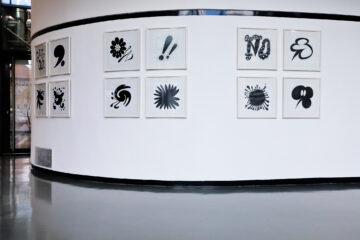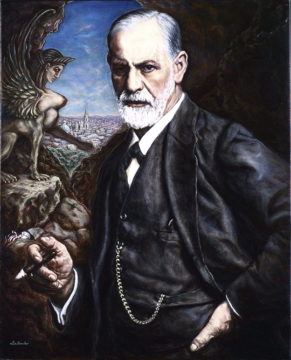by Barbara Fischkin

Another eight weeks have passed since I wrote about my Cousin Bernie—and how, posthumously, he adds to my understanding of him. To review: Earlier this year I wrote two chapters about Cousin Bernie completely from memory. Then his widow, Joan Hamilton Morris, sent me more material—pages she’d found of an incomplete memoir her late husband pecked out on a vintage typewriter in an adult education class he took after retiring as a university professor of psychology and mathematics.
If Cousin Bernie were alive today he would be 102, 32 years older than I am now. Each time I take a deeper dive into the pages Joan sent me, I realize I have only skimmed the surface. And so, here is my fifth take on my cousin, who fascinates me despite his evergreen persona as a nerdy, chubby, lost boy from Brooklyn. This, in part, is the saddest offering from my cousin’s own memoir. It may—or may not—be the final one. A chapter about his interest in radios, as a child—and in being a ham radio operator in his retirement— might appear one of these days.
Again, I will let Cousin Bernie tell most of his story, this time about how having a schizophrenic mother affected him, in ways both obvious and veiled. His memories also offer a look inside an earlier time when mental illness in a family was far more shameful and misunderstood than it is even today. To review more: When I was a child my mother told me that Cousin Bernie’s mother was dead. She was my father’s mysterious, absent sister, that is all I was told at first. I now wonder if my mother wanted to put as much distance between herself and this sister as she could. It was bad enough that they sort of shared the same name. Cousin Bernie’s mother’s maiden name was Ida Fishkin. My mother’s married name was Ida Fischkin. I believe my mother also wanted to protect me from fear. She apparently believed that a dead aunt was not as scary as a living ghost, locked up in an institution for years, as Bernie’s mother was at the time. Read more »






